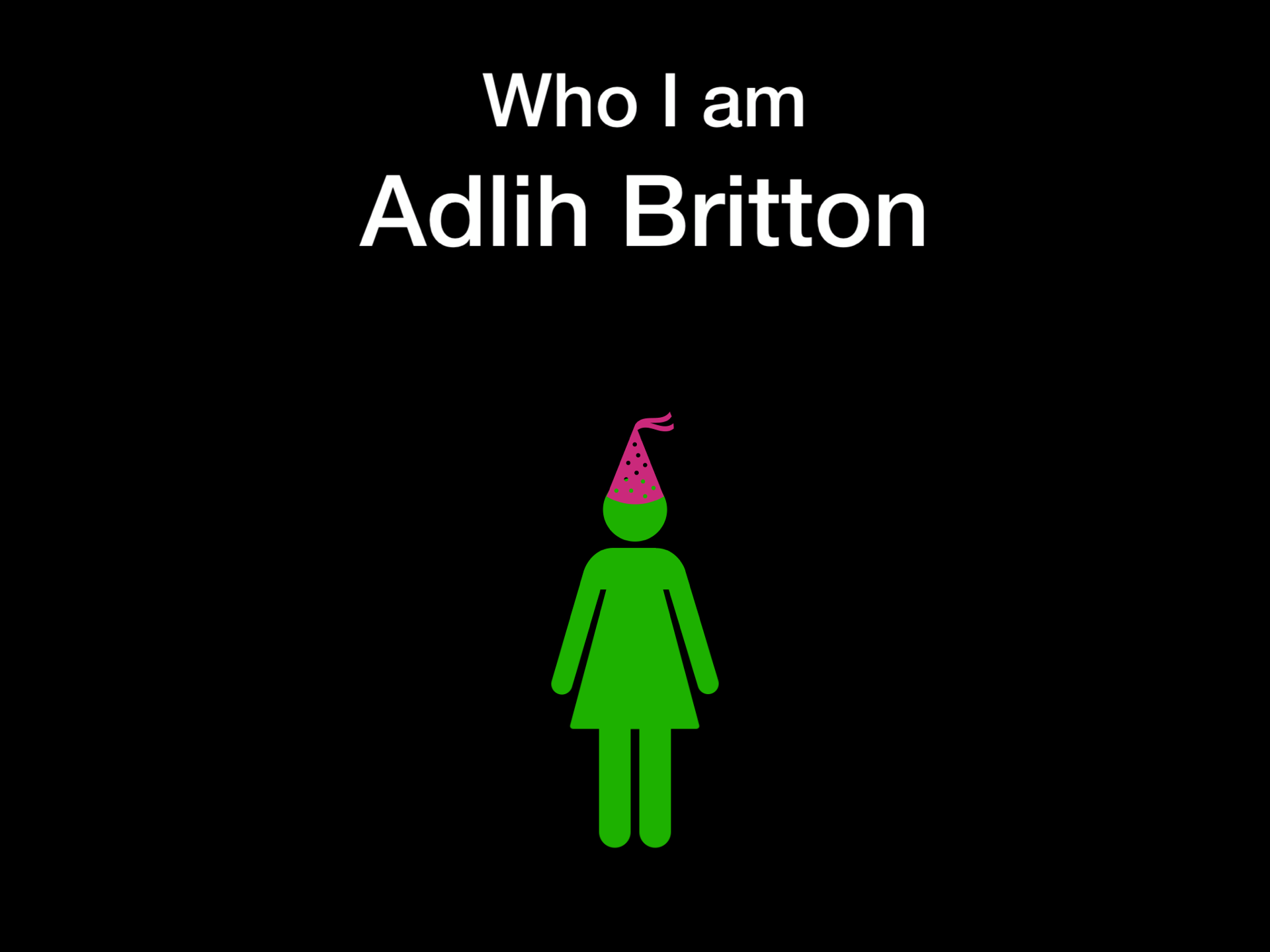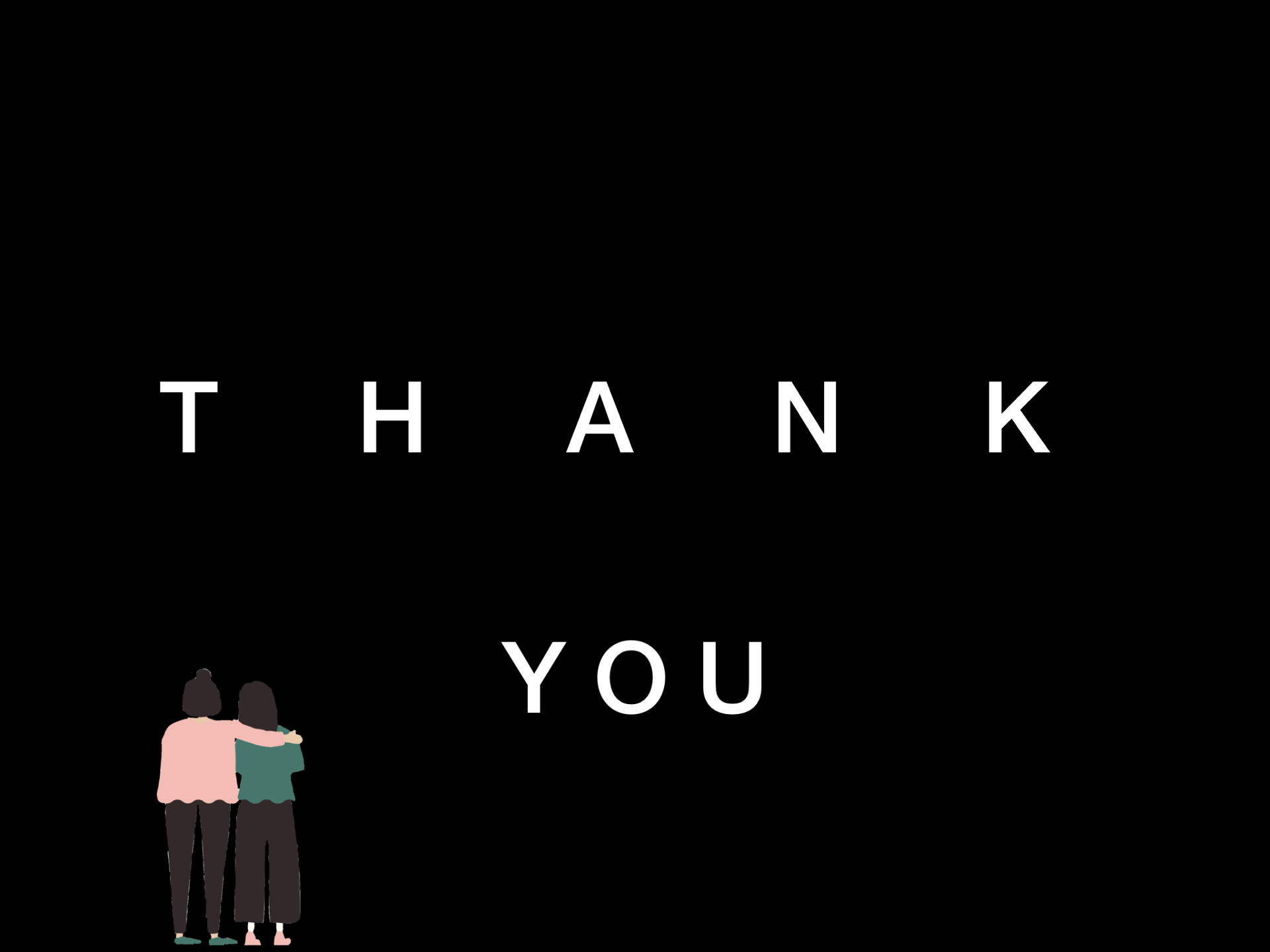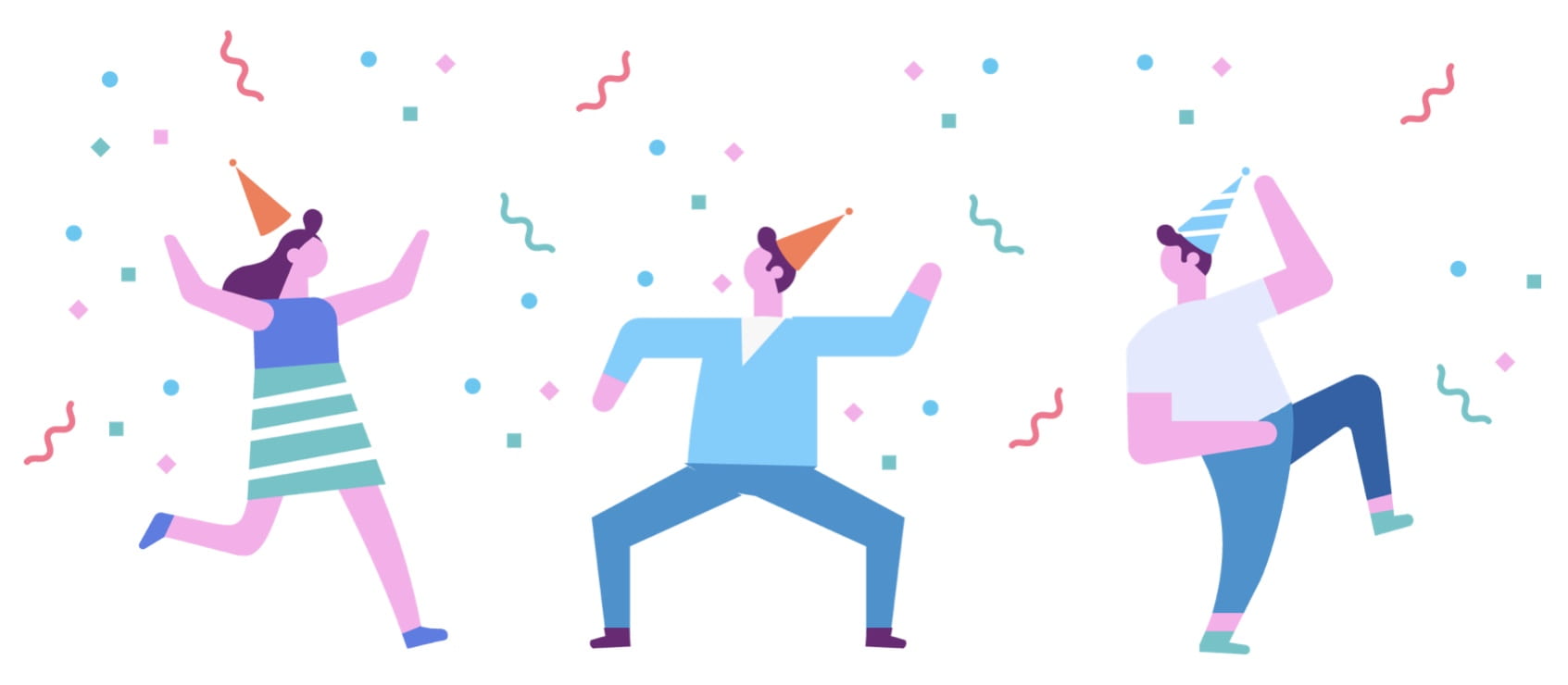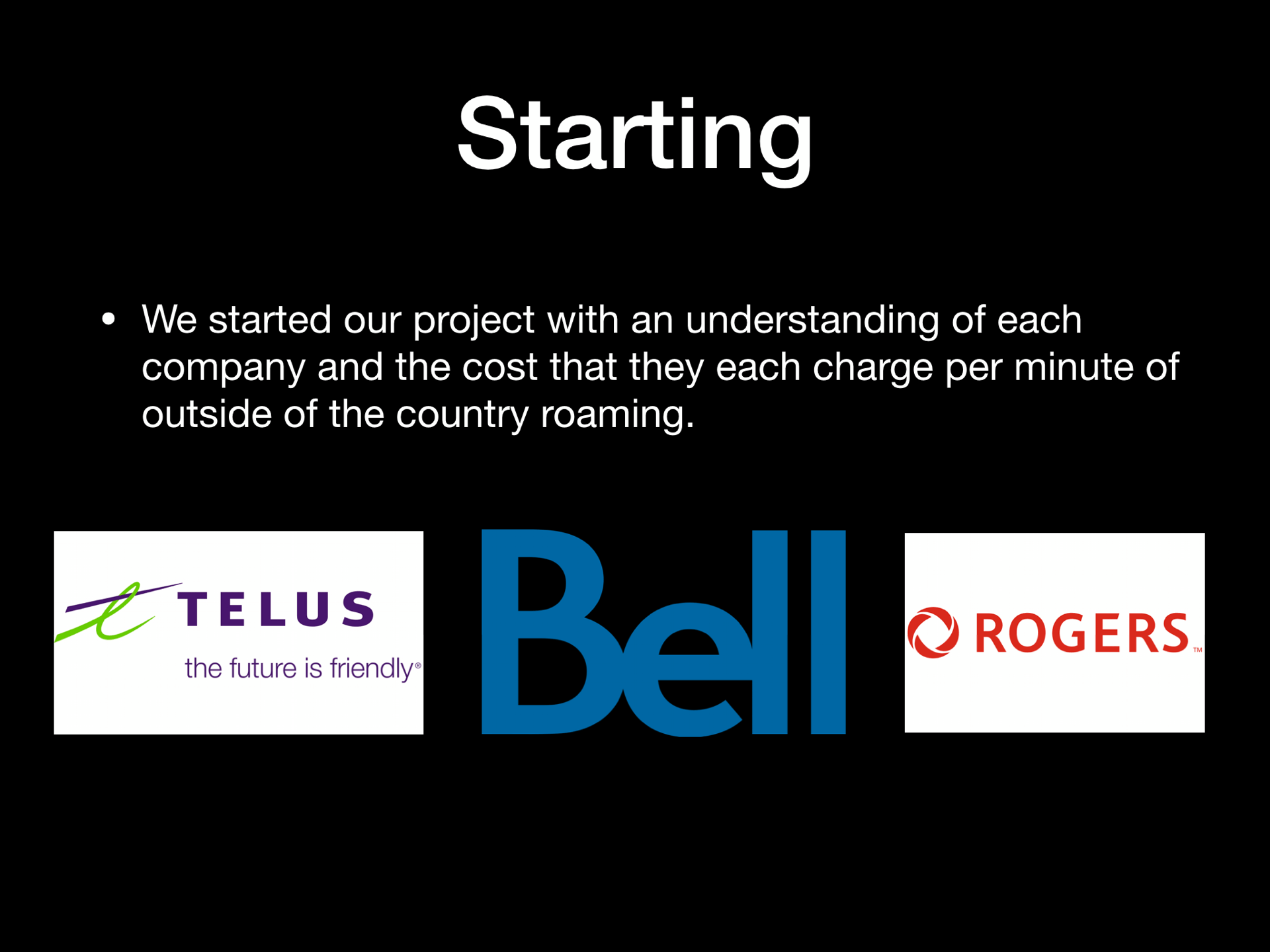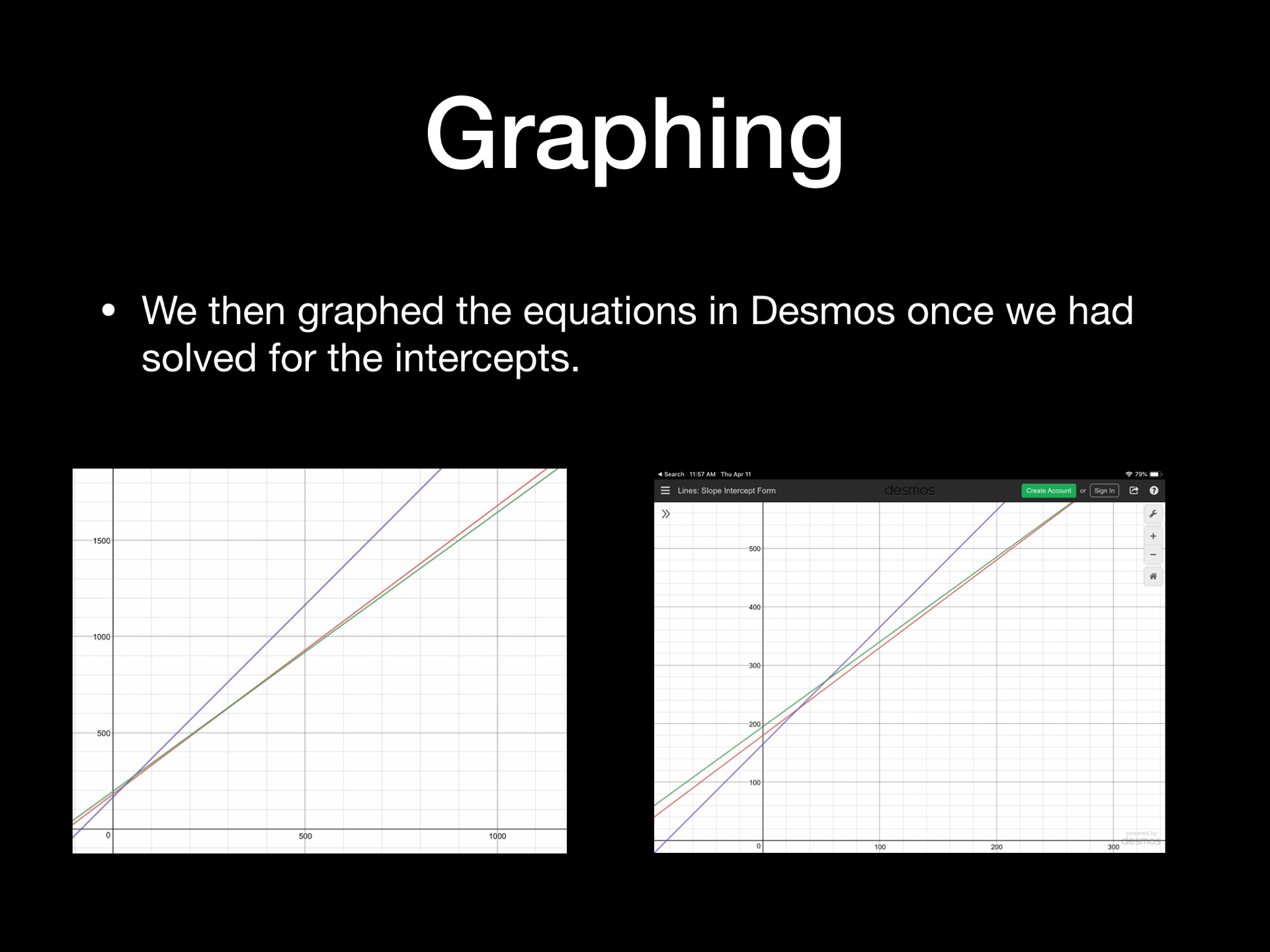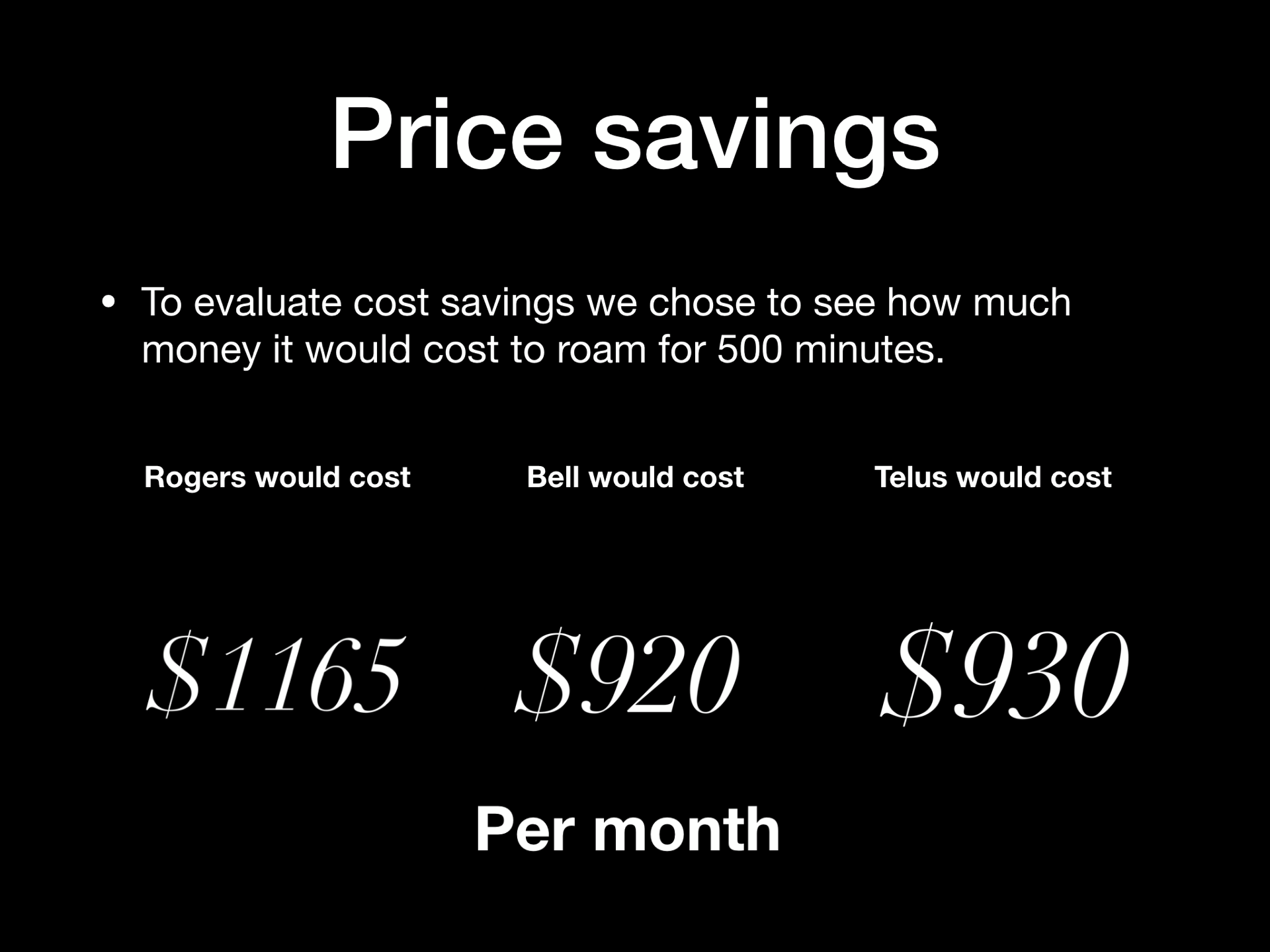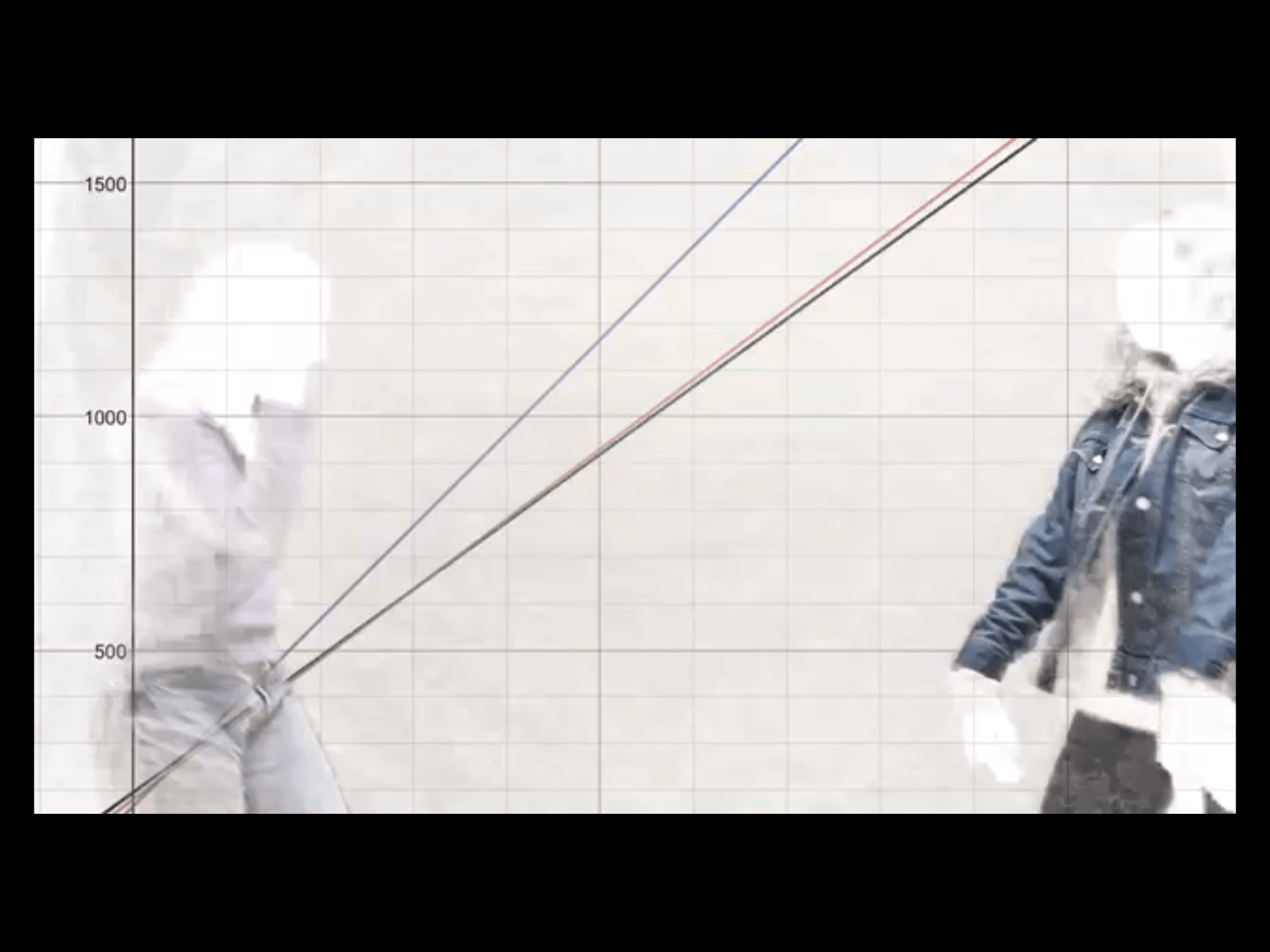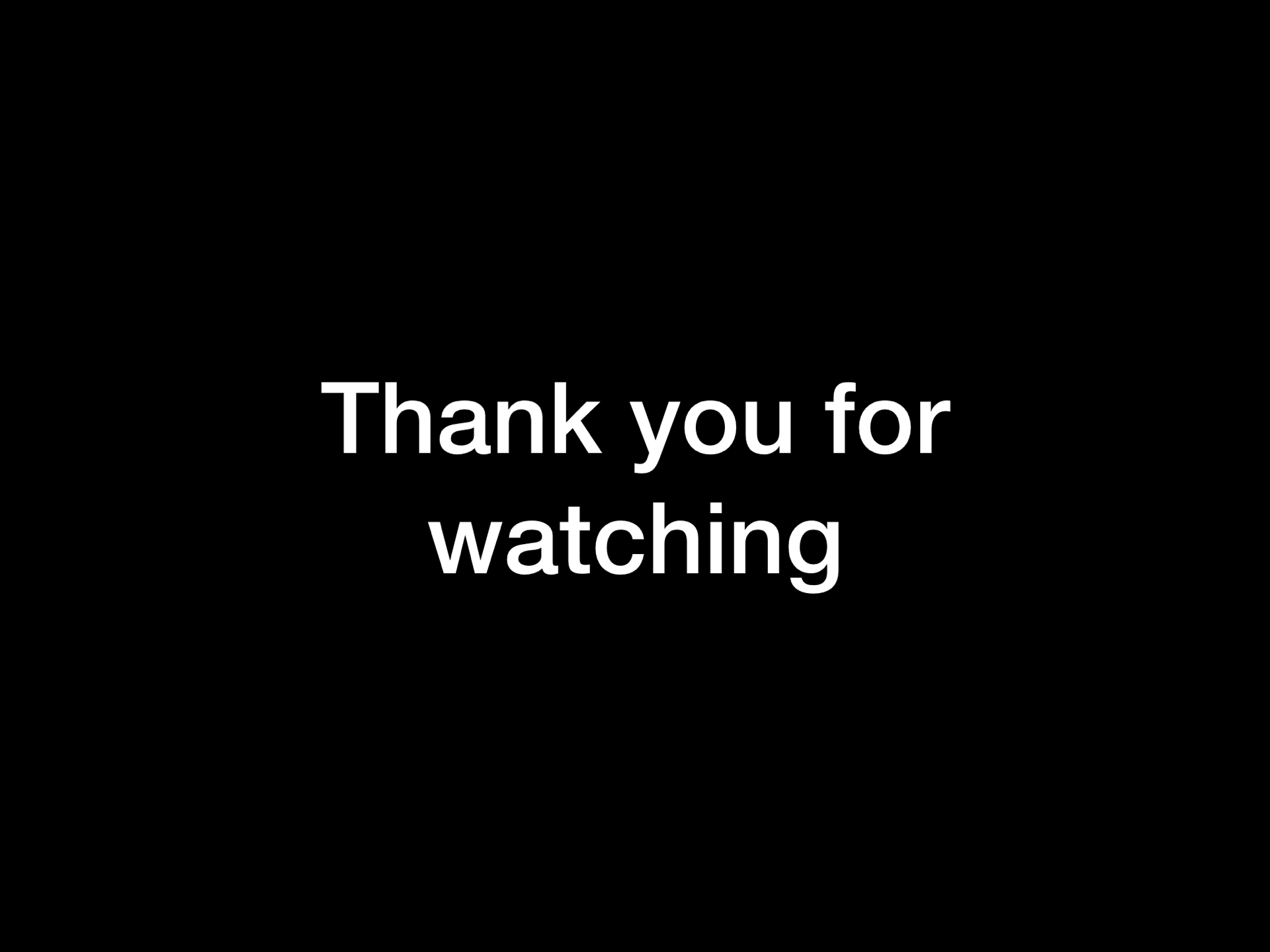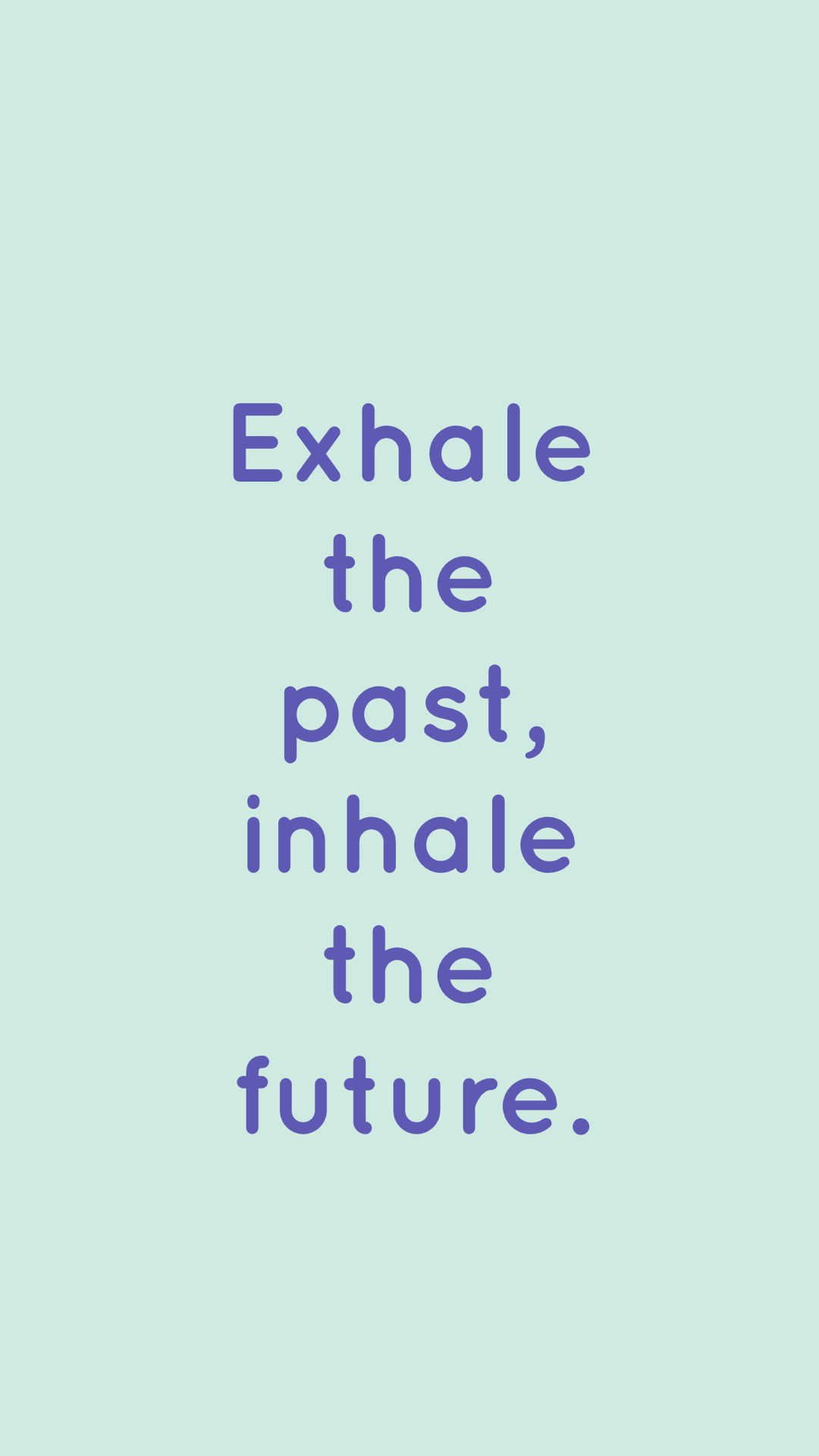Everyone asks themselves what they want to be when they got older. People always thing about what pays the highest, what is the funnest, and what there dream lifestyle would be and how a job would fit into that. I have done this every time I wanted to think about where I see myself in the future, but until I took the My Blue Print survey’s, I really don’t think I was doing it properly!
In Maker class, (which doubles as a health education class) we got to ask our selves deep questions to see all kinds of outcomes, such as: What kind of learner I am, What personality type I am, What job would best suit me, etc. Through this blog I will dive into these questions and the answers that I received from them and see how they will help me in the future!
The first survey I took was the Learning Styles survey. This survey talked to you about which learning style you would find suits you best. (Kinaesthetic, Visual, and Auditory). Surprisingly our class was quite divided. There was at least 3 people that strived in all of the categories. Now I have always believed that I was a kinaesthetic learner, because I though when I learned hands on I took more in, which is still true, but the survey told me that I was actually a visual learner.
 I actually totally believe this is true. I could not learn how to build a table by being given a already built table and then being told to re build it, (kinaesthetic), I also could not listen to someone tell me how to build a table, (auditory), but I could totally build a table if someone showed me how to build a table, (visual). For the learning styles survey, I think that it was correct, and with this knowledge know I can transition this to my future. If when in university my Professor is teaching the class auditory style, and I don’t understand what is happening, I could know to ask the professor to try to explain the concept visually for a better understanding.
I actually totally believe this is true. I could not learn how to build a table by being given a already built table and then being told to re build it, (kinaesthetic), I also could not listen to someone tell me how to build a table, (auditory), but I could totally build a table if someone showed me how to build a table, (visual). For the learning styles survey, I think that it was correct, and with this knowledge know I can transition this to my future. If when in university my Professor is teaching the class auditory style, and I don’t understand what is happening, I could know to ask the professor to try to explain the concept visually for a better understanding.
The second quiz I took was the personality quiz. I scored the ISFP (the composer). This personality is made up of I which stands for Introverted. Introverted meaning comfortable alone, when working and when with others. A introverted person can be very reflective and reserved as well. I didn’t quite agree with the personality quiz in this part, because I think of myself as a bit more open to group situations, and I think that would lean me towards being extroverted. The S in ISFP stands for sensing. I use my sensing ability’s to gather information, which I agree with. The F stands fro Feeling. When decision making I prefer to use subjective criteria, then objective criteria. This just means that I base it on finding an area where everyone can succeed, instead of a standard. For the last part of the personality quiz I got a P which stands for perceiving. What perceiving means is that I am open to new information and as well as being flexible and spontaneous. It states that a perceiving person can go with the flow, which I feel does not really apply to me. I feel that I need a bit of planning and more time to understand things that are coming up, instead of just going along with it. In the end the personality quiz didn’t really express who I am, and what my personality type is.
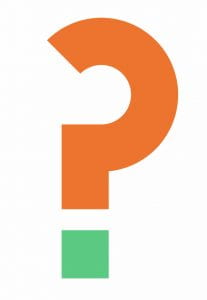 Through this survey I sort of realized that these answers were not prescribed to me because I went through numerous steps and many interviews, instead I just typed how much I agree or disagree to close ended questions, and then a website spit out a answer based on the way I answered maybe 20 questions. So these answers are not set in stone, but they are helpful and do give a little light into ones leaning.
Through this survey I sort of realized that these answers were not prescribed to me because I went through numerous steps and many interviews, instead I just typed how much I agree or disagree to close ended questions, and then a website spit out a answer based on the way I answered maybe 20 questions. So these answers are not set in stone, but they are helpful and do give a little light into ones leaning.
On the contrary these quizzes, right or wrong, really help us as young adults to figure out who we are and who we want to be. The reason for this is because we are now forced to talk about it. We took the test, we then may disagree or agree with the test. If we agree, then perfect you just realized something about yourself, but if you disagree, then you are now curious to see where you belong and who else is the same. By taking this next step you are figuring out who you are yourself, and in that way the surveys are quite helpful!
There were 3 more surveys I took, the interests the knowledge and the motivations. I felt that the above 2 surveys were more important and will help to shape my life a bit more, because they are important to know, and shape who you are as a person. Though each survey focuses on a topic that will greatly affect your future!
In the interests survey I scored a counsellor, because I care about others and want to hear about what people have to say. I feel this fits well because I am very passionate, and if I hurt someone else, I immediately feel terrible and I feel like I just hurt myself. So I feel that councillor is a perfect fit!
In the knowledge survey I scored language arts which really just means I am into english and socials. This makes a lot of sense because I really like to write and am a big fan of books, stories and reading! I have always wanted to be a journalist, and so I can see how I got this score on this survey. Knowledge plays a big role in your future because if you understand your stronger subjects in school, you can focus on subjects that may be more challenging, in this you are making your self a more well rounded person that is can be more successful.
On the last survey I was told that I am motivated by success. I totally agree with this, for example if I am trying to run a half marathon, of corse completion of the half marathon would be the ultimate achievement, but along the way to make myself continue to push myself I will set goals that are achievable, and then I feel better because I feel like I am improving, and pushing myself past these goals. For the future knowing your motivation is huge. Knowing that I am driven to do my best by setting goals and being able to achieve them is very important. For example if I want to do well in a class that I’m not doing to well in, I can reset my corse by setting small goals and achieving them!
Now taking all this information and planning my future. I have learned a lot about myself through these surveys, wether they are correct or not. I really enjoy learning about myself because I want to be able to help myself in the future, when careers come into play, and postsecondary. Now each of these surveys helps me in there own way. Each of these surveys cover topics that are important to us, and I know I am better off now that I have addressed these topics and experienced them!
